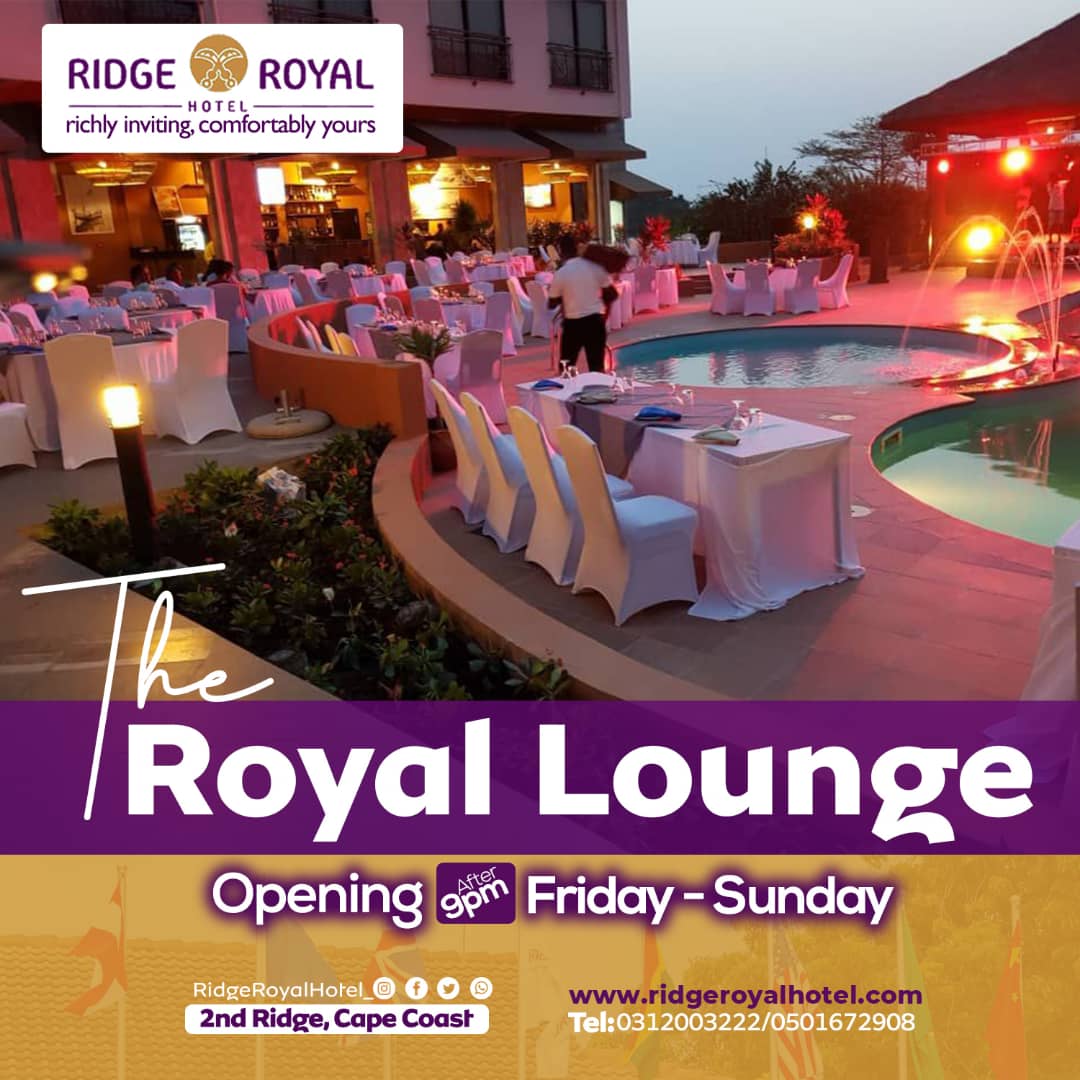|
Getting your Trinity Audio player ready...
|
President Akufo-Addo has announced that Accra, Ghana’s capital city, has been named the United Nations Educational, Scientific and Cultural Organization (UNESCO) world book capital for the year 2023.
Essentially, cities designated as UNESCO World Book Capital carry out activities with the aim of encouraging a culture of reading and diffusing its values in all ages and population groups in and out of the national borders.
Through the World Book Capital programme, UNESCO acknowledges the city’s commitment to promoting books and fostering reading during a 12 month period between one World Book and Copyright Day and the next.
Addressing the Executive Board of the United Nations Educational, Scientific and Cultural Organization (UNESCO) at its 215th Session in Paris, France, on October 10, 2022, President Akufo-Addo, said the decision of UNESCO to name Ghana as the world book capital for 2023, demonstrates UNSECO’s recognition of the ongoing reforms in Ghana and the rest of Africa’s creative arts industry.
“I am happy to inform you that Accra has been named the UNESCO world book capital for 2023, making our vibrant city part of the prestigious world book capital cities network.
“This is an acknowledgement of the giant strides that Ghana and Africa are making in developing our book and creative art industry and we thank you for your diverse contribution that made this possible” President Akufo-Addo said.
He added that “The year-long programme to celebrate this honour done us by UNESCO will commence from 23 April 2023, which is celebrated globally as the world book and copyright day. I wish to use this platform to invite you all to join Ghana in this year-long celebration.”
Prioritising education
President Akufo-Addo, in his address, noted that “unfortunately, due to global instability, education has become one of many competing priorities of domestic budgets”.
He indicated that “development aid to the educational sector is seriously under pressure” and that all member states of UNSECO, must take all the necessary steps to ensure that education remains a top priority.
“Indeed, countries reduced their spending on education after the onset of COVID-19 pandemic and at the same time, direct aid to education by bi-lateral donors fell by some $359 million United States dollars which is not compatible with the objectives of the Addis Ababa action agenda for financing sustainable development and the goals of the sustainable development goals”.
We must strive as member states to ensure that education remains a priority in our common development agenda” President Akufo-Addo said.
UNSECO selection process
The Advisory Committee made up of one representative of the International Authors Forum (IAF), the International Federation of Library Associations and Institutions (IFLA), the International Publishers Association (IPA) and one UNESCO representative is in charge for the examination and selection of the applications files.
A special effort is made to involve all regions of the world in turn, in conformity with the principle of geographic balance, and following different quality criteria. The nominating committee meets once every year.
The Director-General of UNESCO is responsible for the designation of the cities following both internal and external consultations with the other members of the Advisory Committee.
The nomination does not imply for UNESCO any financial prize but conquering the title of World Book Capital City represents an important symbolic acknowledgement, also effective, for the winner city, in terms of communication and promotion.
UNESCO
UNESCO is the United Nations Educational, Scientific and Cultural Organization. It seeks to build peace through international cooperation in education, sciences and culture. UNESCO’s programmes contribute to the achievement of the Sustainable Development Goals defined in the 2030 Agenda, adopted by the UN General Assembly in 2015.
UNESCO’s History
As early as 1942, in wartime, the governments of the European countries, which were confronting Nazi Germany and its allies, met in the United Kingdom for the Conference of Allied Ministers of Education (CAME).
World War II was far from over, yet those countries were looking for ways and means to rebuild their education systems once peace was restored. The project quickly gained momentum and soon acquired a universal character.
New governments, including that of the United States, decided to join in. Upon the proposal of CAME, a United Nations Conference for the establishment of an educational and cultural organization (ECO/CONF) was convened in London from 1 to 16 November 1945.
Scarcely had the war ended when the conference opened. It gathered together representatives of forty-four countries who decided to create an organization that would embody a genuine culture of peace.
In their eyes, the new organization was to establish the “intellectual and moral solidarity of mankind” and thereby prevent the outbreak of another world war.








